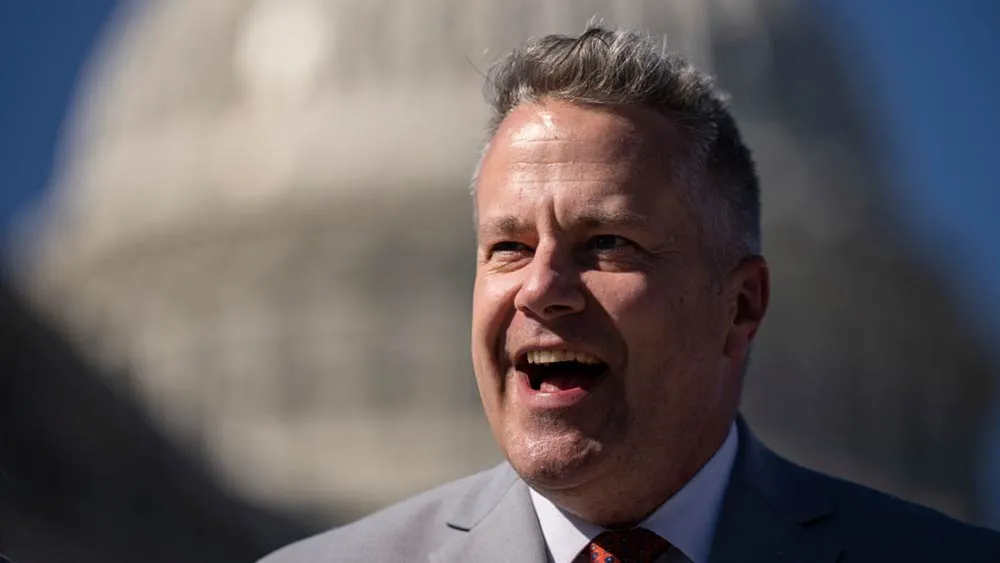October 7, 2016
Bill & Melinda Gates Foundation Awards Two New Grants to The International AIDS Vaccine Initiative
EDGE READ TIME: 4 MIN.
The International AIDS Vaccine Initiative (IAVI) has recently been awarded two new grants by the Bill & Melinda Gates Foundation to expedite the development of promising AIDS vaccine candidates and other new biomedical HIV prevention tools.
"Accelerating the translation of innovative research into promising vaccine candidates for clinical testing is a real urgency. With more than 2 million people becoming infected with HIV in 2015 alone there is no time to lose. Collaborative and efficient AIDS vaccine development today means more lives saved in the future," said Mark Feinberg, President and CEO of IAVI. "We are very pleased to expand the provision of vaccine product development expertise to support Gates Foundation-sponsored AIDS vaccine programs."
The grants provide for funding in an amount of almost U.S. $60 million over three and a half years. Under these awards, IAVI will provide extended services in pre-clinical development, regulatory affairs, data analysis, project management, quality assurance, manufacturing and clinical-trial implementation to a broad range of investigators through the Collaboration for AIDS Vaccine Discovery (CAVD) to expedite the development of around a dozen promising AIDS vaccine candidates or biologics toward clinical testing.
The Gates Foundation has been a long-standing partner in this critical work of IAVI. The new awards build on initial awards granted in 2013 to establish key product development services at IAVI for the CAVD with an original slate of three to five proposed pilot projects. However, the support rapidly expanded to a current total of 17 projects.
�
In August 2016, IAVI was awarded a contract from the National Institute of Allergy and Infectious Diseases (NIAID), part of the U.S. National Institutes of Health (NIH) to provide product development services to advance the development of AIDS vaccine candidates of NIAID-supported scientists.
A Vaccine Is Needed To Conclusively And Sustainably End HIV/AIDS
Despite remarkable advances in treatment and prevention, HIV/AIDS is neither contained nor manageable. In 2015 alone, AIDS killed more than 1.1 million people globally and HIV newly infected 2.1 million people, with two-thirds of them in sub-Saharan Africa. Although treatment rates have doubled in the past five years annual new infections with HIV have not decreased. Access and adherence to available prevention and treatment remain challenging for many.
Recent modeling data show that even with massively expanded use of current treatment and prevention options, hundreds of thousands of people in low- and middle-income countries will be newly infected with HIV and die from AIDS for decades to come. An efficacious, well-adopted vaccine could prevent the majority of new annual HIV infections in low- and middle-income countries, averting millions of infections and savings millions of lives.
Founded in 1996, the International AIDS Vaccine Initiative (IAVI) is a nonprofit organization working to accelerate development of broadly effective AIDS vaccines accessible to all. IAVI works with partners in 25 countries to research, design and develop promising vaccine candidates. We collaborate with governments, partner with pharmaceutical and bio-tech companies, universities, hospitals and civil society organizations, and conduct and support research in North America, Europe, Africa, and India. We strengthen the expertise and infrastructure to fight HIV/AIDS in sub-Saharan Africa, the epicenter of today's epidemic. And we advocate for policies, financing and environments that drive the fastest possible development of AIDS vaccines. Our vision is a world without AIDS, and that world has a vaccine.
IAVI's work is made possible by generous support from many donors including: the Bill & Melinda Gates Foundation; the Ministry of Foreign Affairs of Denmark; Irish Aid; the Ministry of Finance of Japan in partnership with The World Bank; the Ministry of Foreign Affairs of the Netherlands; the Norwegian Agency for Development Cooperation (NORAD); the United Kingdom Department for International Development (DFID), and the United States Agency for International Development (USAID).
The full list of IAVI donors is available at www.iavi.org.


